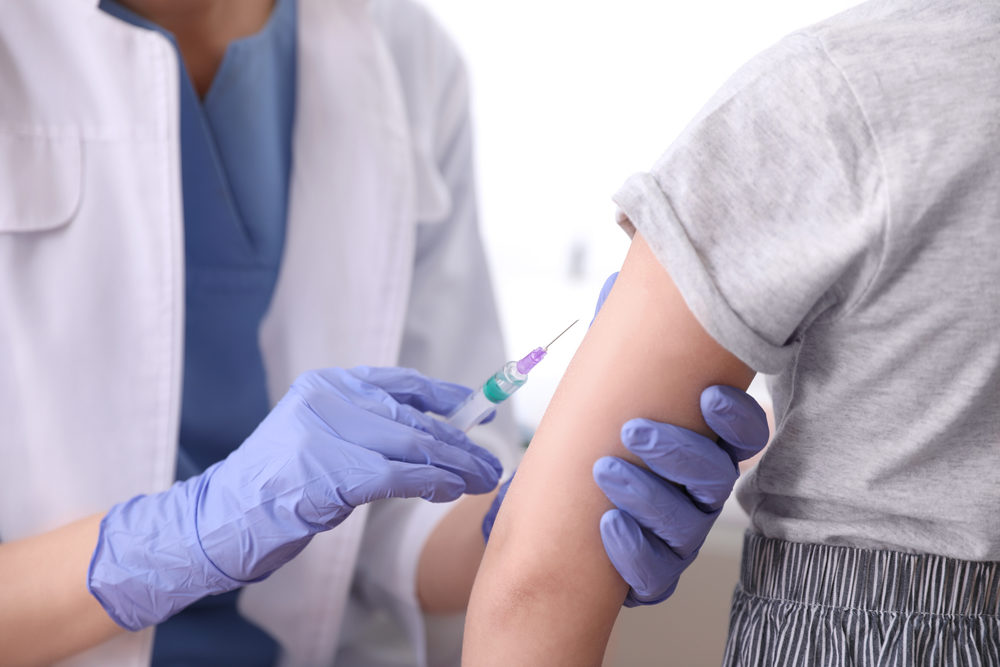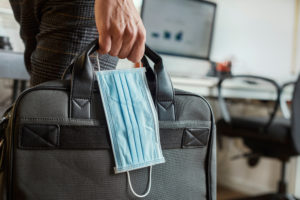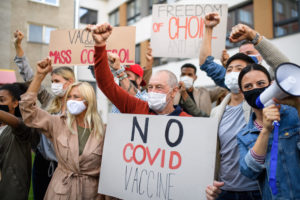
While sticking to his new lofty goal of having 200-million Covid-19 vaccine shots administered within his first 100 days of office, President Joe Biden is busy completing other tasks as well, including rolling back a last-minute action of the former administration.
One day before Department of Health and Human Services Secretary Alex Azar left his post in January, he signed a measure that would make it more difficult for vaccine injury victims to receive compensation. His reasoning: the National Vaccine Injury Compensation Program (VICP) had a backlog of cases, and revising certain items would ease the burden. The particular revisions included removing SIRVA (shoulder injury related to vaccine administration), the most common type of vaccine injury, and halting adding new vaccines to the program. The Vaccine Injury Table lists injuries and/or conditions associated with covered vaccines. It is important to note that although there is potential for the Covid-19 vaccine to one day be on the list, it is still too early for it to be put under consideration.
While Azar’s motions were set to go into effect in February, the incoming Biden administration immediately delayed it by posting a review of the measures. Azar’s efforts were postponed indefinitely on March 17, when the new administration filed a notice of intent to undo the measure altogether.
This means that victims who suffered SIRVA from a vaccine listed under VICP can continue to file compensation claims. And, there is still room in the future for new vaccines to be added to the program.
Early on, those who disagreed with Azar were quick to point out that while SIRVA is the most common type of vaccine injury, vaccine injuries are rare. According to the Health Resources and Service Administration’s records, there is only a one in 500,000 chance a person will suffer an injury from a vaccine. Therefore, as the pandemic continues and a national push to vaccinate as many citizens as possible is ongoing, policies should focus on earning the public’s trust, not instilling fear and concern over receiving shots.
Filing a Vaccine Injury Claim
The VICP was created in 1986 after lawsuits against vaccine producers had escalated. It currently covers 15 childhood vaccines and the seasonal flu shot. Through the program, an injured individual of any age, who received a vaccine listed as part of the program, can file a petition with the U.S. Court of Federal Claims. Since this is a legal process, it may be best to hire a lawyer with knowledge of vaccine injuries to prepare and file on your behalf. A copy of the petition must also be sent to the Department of Health and Human Services.
Covid-19 Vaccine Injury Options
The Covid-19 vaccine is considered a “countermeasure response’’ to the worldwide pandemic. This means any reimbursement for an injury from the fast-tracked vaccine would be made to an individual through the Countermeasures Injury Compensation Program (CICP).
The CICP rose out of the Public Readiness and Emergency Preparedness Act (PREP Act) in 2005. Funded by Congress’s emergency appropriations, it also covered injuries from vaccines during the H1N1 pandemic of 2009 and 2010, drugs to treat anthrax, Zika, and Ebola. For those filing a claim with the CICP, it is important to note that petitioners only have one year to file; lawyers’ fees, suffering, and damages are not covered.
While the agency is hiring more workers to handle the workload due to the potential of future COVID-19 claims, historically, the agency has not been successful for claimants. Since 2010, the CICP has rejected 450 of 499 claims. Consulting a vaccine injury lawyer before filing a CICP claim could lead to a more successful outcome.
Related: Who Is Responsible for COVID-19 Vaccine Injuries
Because of the difficulties in receiving proper compensation from an injury sustained by a vaccine, you may want to speak with an attorney to determine your options. If you have suffered a serious injury due to a vaccine, contact Paulson & Nace for a free, no-obligation consultation. You can call us at 202-463-1999 or use our online form.
@thumbnail.jpg)
Both an Emory School of Law graduate and MBA graduate of Goizueta Business School at Emory, Chris Nace focuses his practice on areas of medical malpractice, drug and product liability, motor vehicle accidents, wrongful death, employment discrimination and other negligence and personal injury matters.














Comments for this article are closed.